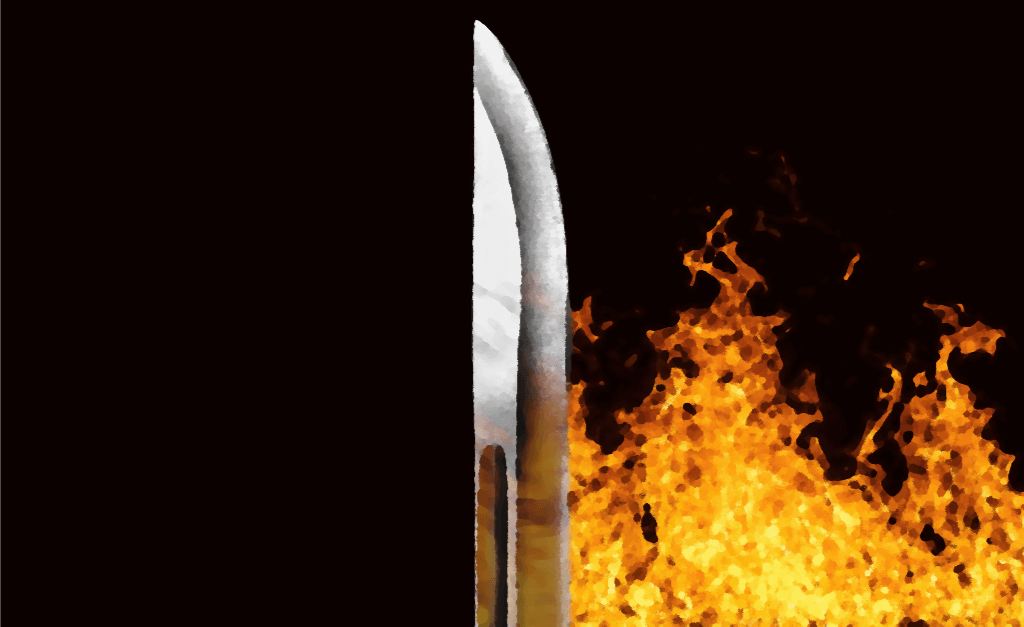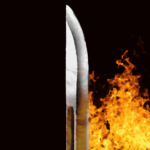When you ascended on high,
you took many captives;
you received [tribute] from people,
even from the rebellious —
that you, LORD God, might dwell there1
Most of us who have been through middle school agree they are years full of discomfort and fear. From the top to the bottom rung, there is an unspoken, accepted notion that everyone else is looking to judge you. Even those at the top of the social ladder, the cool kids, feel that constant pressure.
During middle school, the thing that scared me the most was my own imperfection. To my dismay, in fifth grade, my hands started breaking out with the ultimate imperfection: warts.
As the warts spread over the next three years, so did my shame. Those among you who have ever had a severe disease know the constant burden that weighs down the heart, that increasingly occupies all thought. Everything beautiful that I created with my hands – art, music, writing – seemed diseased and impure. This perception grew so strong that one evening, I could no longer force myself to practice the piano. I stopped halfway through the song, feeling I was too diseased to be worthy of creating music anymore.
A Cry for Help
Then I remembered the LORD God, who was either too far away to care about me, or else he was the one who allowed me to get those warts. Although I had been raised in a Christian household and taught to believe the Bible, I had not once asked God for help in this matter. It seemed God had stepped down to earth thousands of years ago to free the Hebrews from the Egyptians, and maybe he had spoken to Abraham and a handful of prophets. What could that ancient history have to do with someone as insignificant as me? How could a God who ruled everything see my inner pain, much less care enough to do anything about it?
From somewhere unknown deep inside me, I found a fresh surge of energy and faith. In my mind, I cried out in anger, “I can’t take care of this, God, you take care of it!” Immediately, I felt relieved. I used this newfound strength in a very practical and boring way, and finished piano practice.
Later that evening I crawled between the bed sheets, feeling a strange kind of peace I had never known before. I mentally chalked this change up to emotional catharsis. I was not expecting anything more as I drifted off to sleep.
Healing and Celebration
The next day, I began my morning school routine as usual. Stepping into the shower, the hot water slowly woke my mind from hazy semi-consciousness. At some point I glanced down at my hands, groaning inwardly to be thinking about those depressing warts so early in the day. But something about my hands looked different. Could it have been a trick of the water and light? It looked like my hands were healed, but that couldn’t be so.
Historical lore says the mathematician Archimedes was taking a bath when he discovered how to calculate volume through water displacement. He discovered that by throwing something into a full bath, however much water spills out is how much space that object takes up. He was so excited by this realization that he jumped out of his bath and ran, naked, down the streets of Syracuse.2
Well, I was just as excited as Archimedes. Wide-awake, I bolted out of the shower like a maniac. Under the scrutiny of a make-up light and mirror, I saw a faint skin outline where the warts had been. There was no doubt now, my warts had been healed. No, I didn’t run down the street naked. (It was awfully cold outside.) Instead, the wheels in my head started turning. My heart sank to the pit of my stomach because I had a terrible choice to make.
The Decision of Faith
I had been healed. But by what, or whom? Unbidden, I saw a picture form in my mind’s eye. I was balancing on the edge of a sharp blade, which was cutting unbearably into the soles of my feet. Beneath my left hand was a wide, pitch-dark abyss that appeared to go down forever. Beneath my right hand was a wide field of fiery flames. I was swaying, losing my balance, and it was all I could do to decide which way to fall.
The left side, the dark abyss, represented choosing logical, rational thought without giving any credit to the spiritual realm. I could choose to believe the previous day’s cathartic experience may have given my immune system the boost it needed to destroy that virus and heal the warts. I could sense my own thoughts leaning this way. Unless I shifted my center of gravity, I would fall into the dark abyss. But I was worried that the decision appeared to be final. There was no way to return to the field of flames after falling into the darkness.
The right side, the field of fire, represented thinking beyond rational logic. From the flames came a small voice that made me very uncomfortable. It said, “What if it wasn’t just coincidence? What if someone, somehow, heard your thoughts last night? You say that if God is all-powerful, he was the one to let you get this disease. That is true. But what if he was waiting all these years just for you to ask for help, to show he is not just all-powerful but also all-knowing and compassionate? If you attribute this healing to empirical events alone, it will close your heart. You will be able to see beyond rational logic less and less, until your eyes become completely blinded as you fall deeper into that dark abyss.”
The pain of division in my soul, which I had seen in my mind as the blade under my feet, was too intense to bear any longer.
I chose a side. I fell.
The flames singed me. The heat burned me. I was changed, but not consumed.
I give thanks and praise to God the Lord, who heard my urgent cry. He healed me when I was afflicted, he raised me up when I was at my lowest. Because he inclined his ear and listened to me, I will call upon his name as long as I live. As a conquered enemy brings tribute before his king in the presence of all, I freely declare this story as my tribute.
References
1. Psalm 68:18, NIV; “tribute” translation taken from the NET.
2. The Ten Books On Architecture (De Architectura Libri Decem), Marcus Vitruvius Pollio, 1st century BCE; Available online here




